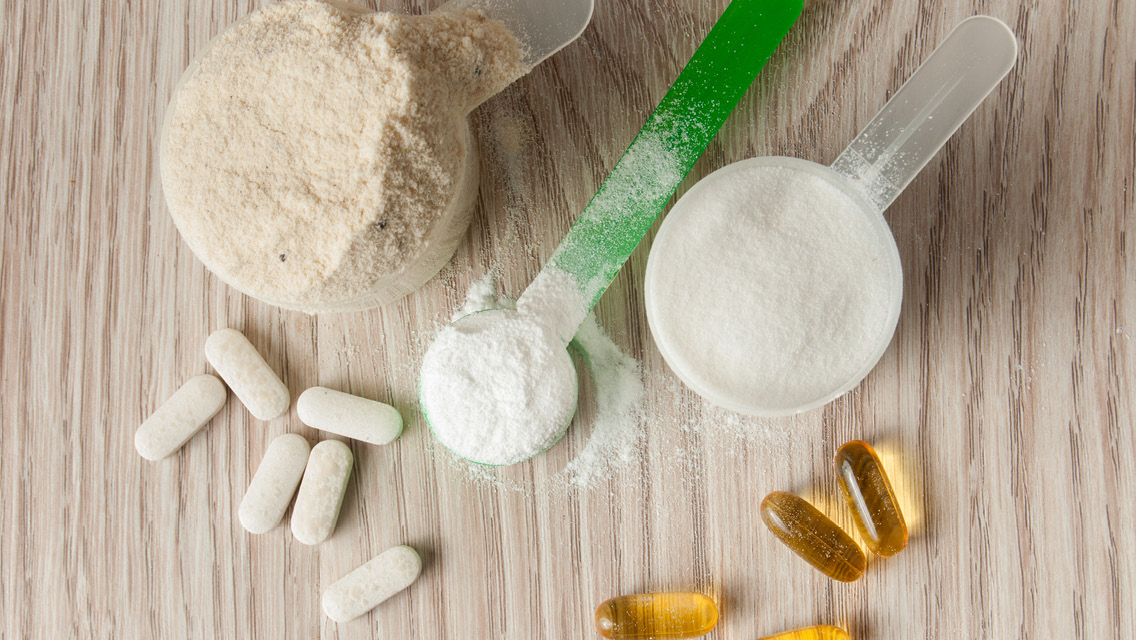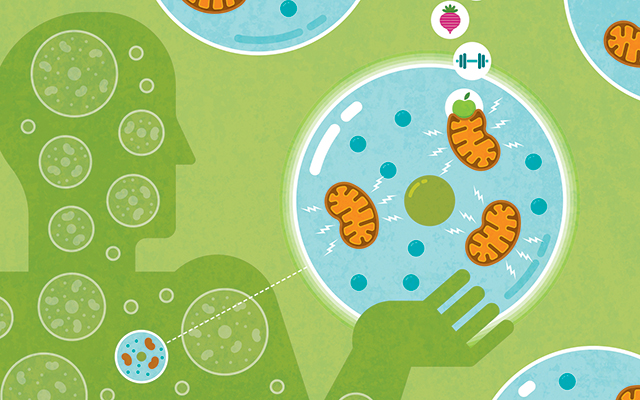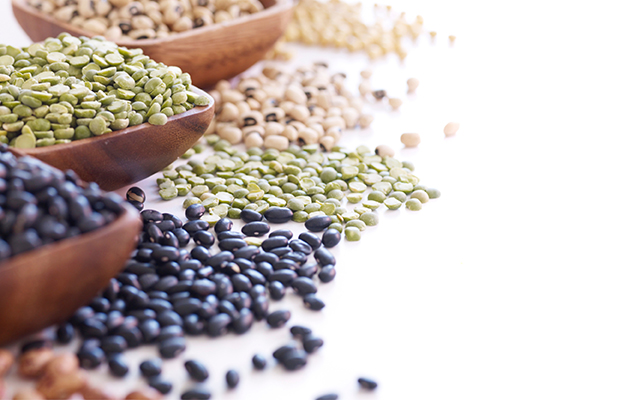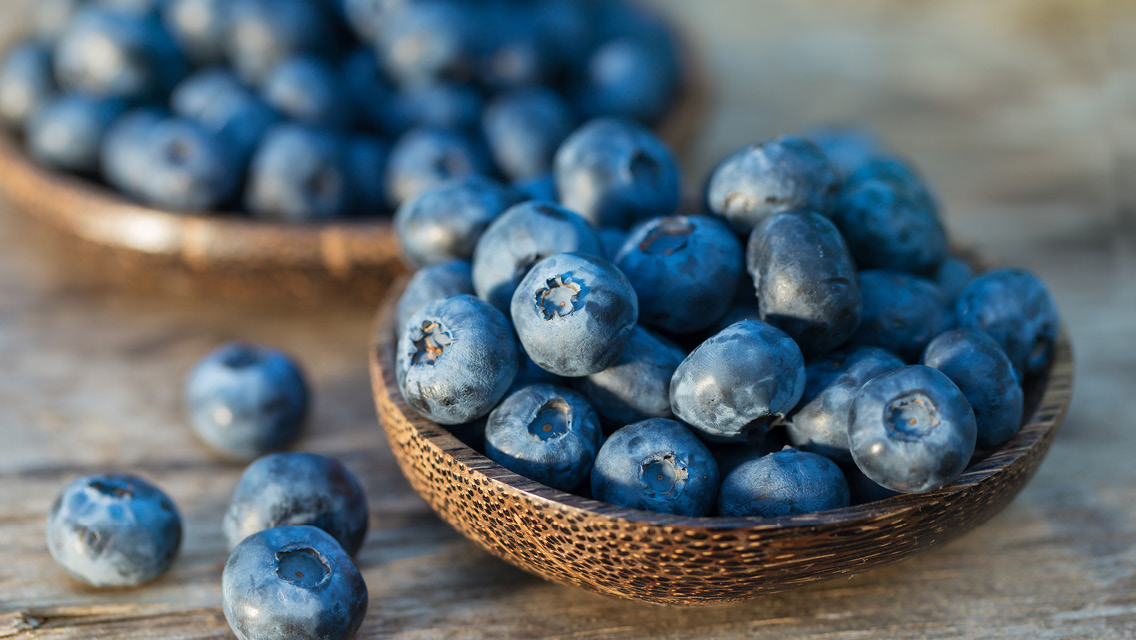Whether you like to cook, sew or catch fish, it’s always fun to learn about trendy accessories for your favorite hobby. If your hobbies include working out and eating right, the latest gizmos consist of nutritional accessories – like glutamine (L-glutamine or glutamate), a nonessential amino acid, naturally occurring in the human body and brain, that has become a very popular supplement in athletic circles.
You may wonder why a nonessential anything would become a popular supplement. Well, to start, the term “nonessential” is somewhat misleading. It doesn’t mean unimportant. It just means that your body can build a nonessential amino acid from other food sources. The essential amino acids are those you have to eat, because your body does not produce them. But just because you can manufacture glutamine does not mean you can live without it. Especially since exercise can deplete blood glutamine to a point that compromises your immune system and makes you more susceptible to colds and other infections.
Glutamine represents about 60 percent of all the free amino acids in your system, making it the most important bodybuilding material coursing through your veins. It provides fuel for your brain, muscles, intestinal lining and white blood cells. Skeletal muscles manufacture most of it, along with some help from your lungs and brain. On the other hand, your intestine, kidneys and immune system consume loads of this amino acid without producing any. So, during stressful activities like intense exercise, the balance of glutamine shifts from your big, bulging muscles to your needy gut and immune system. This transfer depletes your muscle tissue, and can eventually create an overall deficit in blood plasma levels.
Research shows glutamine supplements promote a positive nitrogen balance in muscle tissue and create an anti-catabolic effect that may prevent some of the cellular damage associated with intensive training.
Improving Immune Function
Scientists have documented the effects of glutamine supplements on both endurance athletes and critically ill patients. Without enough glutamine in your blood, your white blood cells can’t divide properly and healing grinds to a halt. The proven benefits of glutamine in fighting infections and speeding recovery have led to its introduction as an important component in the intravenous feeding solutions used in hospitals. It also appears to promote the healing of peptic ulcers even better than antacids and antispasmodics. Researchers tried glutamine supplements on cancer patients and found it helped prevent mouth ulcers, muscle and joint pain, and the side effects of certain types of chemotherapy.
Because your white blood cells rely on muscle glutamine for reproduction, your beloved biceps actually figure as an important part of your immune system, something you might not think about while exercising. One benefit of building muscle is that the larger fibers provide more fuel for cellular division. Those of us who exercise regularly become less susceptible to disease. Unless, that is, we overtax our system by training too hard, not resting enough or getting inadequate nutrition.
During bouts of intense exercise, overall plasma glutamine levels drop because your body demands more of this amino acid than your overtaxed muscle fibers can produce. Many athletes use glutamine to help them train harder without paying for it with a weakened immune system.
Does Glutamine Boost Testosterone?
Glutamine depletion seems to play a major role in overtraining syndrome, a condition primarily associated with endurance sports like running, cycling and swimming. The symptoms of overtraining include a marked drop in performance accompanied by mood swings and increased incidence of infection. Exercising at 90 to 120 percent of maximal oxygen uptake can bring about a significant, though transient, drop in blood glutamine. Five days of overload training can cause depletion of even resting plasma glutamine levels. Athletes who continue working out after the onset of overtraining symptoms can develop even more severe symptoms and seriously compromise their immune system. Rest is the usual cure, but glutamine may help recovery and even extend the length and intensity of training bouts before some of these symptoms appear.
As a precursor for the synthesis of amino acids, proteins, nucleotides and glutathione, glutamine has an anabolic effect on skeletal muscle. But in the absence of a chronic shortage, glutamine does not seem to enhance performance or muscle growth. The clearest benefits of glutamine supplementation appear limited to preventing infections and speeding up recovery. Researchers found that glycogen (the form of carbohydrate that fuels muscle contraction) builds up in muscle tissue much faster when endurance athletes consume protein along with their carbohydrates. It’s the glutamine in protein that helps drive the carbohydrates back into your muscle tissues. The improved performance and bodybuilding effect attributed to glutamine may come from faster post-exercise recovery, which allows an athlete to train more intensely and frequently.
Glutamine and Bodybuilding
The idea that glutamine enhances muscle growth stems from its use along with arginine as part of an amino acid cocktail purported to stimulate the production of testosterone and human growth hormone (HGH). Multilevel marketing companies and muscle magazines aggressively promote glutamine as a legal alternative to anabolic steroids. By extension, some anti-aging experts also recommend its use as an alternative to the injectable form of HGH used in clinical studies to reduce the negative effects of aging.
Taking glutamine on an empty stomach helps drive it across the blood-brain barrier. The sudden flood of glutamine to the brain purportedly stimulates the hypothalamic/pituitary axis to release muscle-building hormones.
This theory becomes more credible when you consider that patients suffering from immune disorders and those bedridden for long periods take glutamine to stave off muscle degradation. Unfortunately, the muscle-building benefits of glutamine do not translate into a normal, healthy body without a glutamine deficiency. In clinical trials, glutamine and other amino acids had little anabolic effect on healthy people when taken in safe, measured quantity. Though certain injectable amino acids can increase HGH and testosterone, the oral ingestion of glutamine only works at very high doses. Even then, the effect on growth hormone and testosterone measure little more than what you can achieve with a good night’s sleep.
Some bodybuilders and fountain-of-youth seekers take these amino acids in dangerous quantities. The evidence that glutamine stimulates minuscule amounts of muscle growth remains equivocal, but it’s well known that too much glutamine acts as a neurotoxin. At best, your body can absorb only so much glutamine and the surplus becomes high-dollar urine; at worst, serious glutamine overindulgence can lead (rarely) to seizures and coma.
Glutamine on the Brain
Besides its reputation as a bodybuilding tool, many people take glutamine to enhance brain function because it fuels two of the brain’s most important neurotransmitters: glutamic acid and gamma-aminobutyric acid (GABA). Because glutamine provides energy for the brain, natural healing practitioners often recommend glutamine supplements and glutamine-rich foods to reduce cravings for detrimental brain stimulants such as sugar and alcohol.
A glutamine-revved brain supposedly becomes more alert, sharp-witted and also more erotically inclined; some practitioners prescribe glutamine for sexual dysfunction. Glutamine enthusiasts say it helps remove toxic metabolic residue from the brain, which further improves neural function. But others caution that in some people, a serious excess of glutamine could overexcite or even damage brain cells.
Getting It Right
You’ll find glutamine in many sports drinks and nutritional candy bars. The low dosages included in these products pose very little potential danger, but they also provide very little benefit. Depending on your training intensity, researchers recommend 8 to 20 grams of glutamine daily.
Clinical studies do not report any side effects at dosages as high as 21 grams, so you probably needn’t worry when taking glutamine in moderate amounts ranging from 5 to 10 grams daily. However, because taking an excess of any one amino acid can cause an imbalance in your other amino-acid levels, to be on the safe side it’s best to combine your intake of glutamine with a complete chain of other amino acids. Rather than taking glutamine by itself, try mixing the powder into a protein drink. Glutamine also abounds in both vegetable and animal protein (meats, eggs, dairy, beans and some nuts), so unless you’re training vigorously, a well-balanced diet will probably provide all the glutamine – and many of the other nutrients – your body requires.
Supplement manufacturers caution those with liver and kidney problems or Reye’s syndrome from taking glutamine, as it could worsen their condition. Because of a lack of research, most medical authorities also recommend avoiding glutamine supplements while pregnant or breastfeeding.
Glutamine is generally considered safe and, when taken under the right circumstances, it can be very beneficial. However, nature never exposes the brain to concentrated doses of a single amino acid, and the fact remains that many natural, healthy nutrients become toxic when consumed in unnaturally high amounts over extended time periods. To date, the long-term effects of taking large doses of any single amino acid that crosses the protective blood-brain barrier remain unknown. So if you do have any concerns, a diet full of glutamine-rich foods is probably your safest bet. However, if you are regularly working out at a high intensity and you’re not confident that your diet is supplying adequate glutamine, moderate supplementation is a good option.
This article has been updated. It was originally published on November 1, 2002.




This Post Has 0 Comments